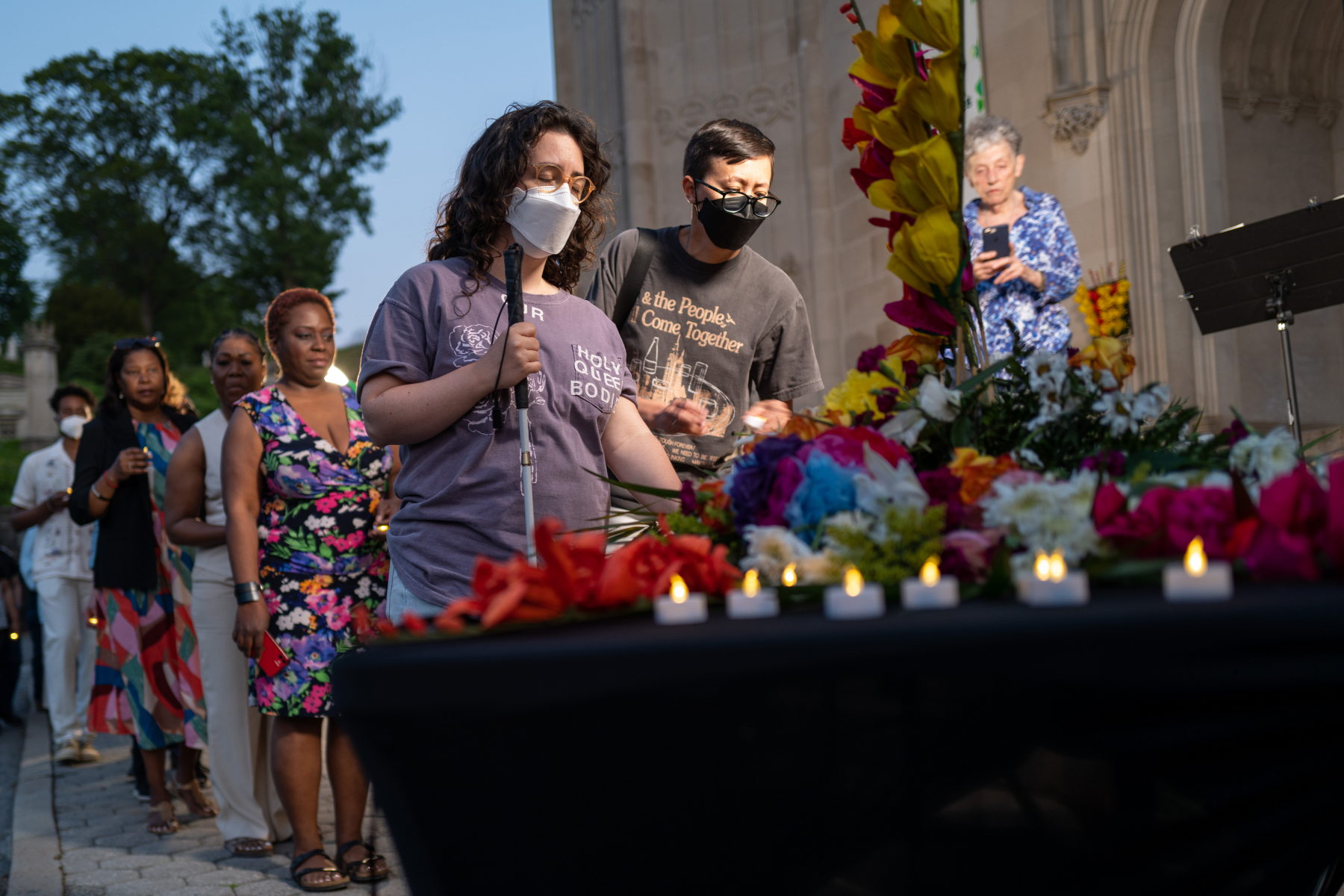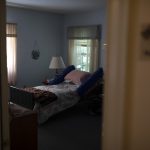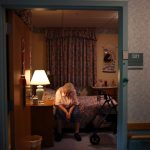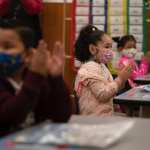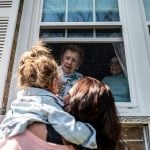Four years into the COVID-19 pandemic, few Americans are especially concerned about catching the disease. A recent poll from Pew found that only 20 percent of Americans consider the virus to be a major health threat. Only 10 percent are concerned about becoming very ill or hospitalized. Less than a third have received an updated COVID-19 vaccine. Pew did not ask how many people still wear masks.
But for many with disabilities and chronic illnesses, it is impossible to move on.
Although vaccination and medications like Paxlovid have helped reduce the number of deaths, disabled people and older adults are still at higher risk. Life expectancy in the United States has dropped, and COVID-19 is the third leading cause of death. Long COVID, the complex and poorly understood constellation of symptoms that linger long after an active infection ends, impacts an estimated 6.8 percent of Americans, or 17.6 million people.
According to the Centers for Disease Control, about 1 in 4 adults have some kind of disability. It is difficult to know what people with disabilities think about declining interest in COVID precautions as a whole, as they are not generally polled as a demographic. A 19th/SurveyMonkey poll from last year found that a third of disabled respondents also had caregiving responsibilities of their own.
The 19th spoke with four disabled Americans, most of whom have their own caregiving responsibilities for disabled family members, about their experiences four years into the pandemic. They expressed anger, frustration and a profound sense of isolation.
Sarah Anderson, 47, lives in Quincy, Illinois. She writes romance and young adult novels. Her husband is a financial analyst and their son is in his first year of college. Anderson spends much of her time doing caregiving for her mother, Caroline Lucas. Lucas, 81, lives down the street. Anderson does her mother’s grocery shopping, takes her to appointments and helps with some tasks around the house.
Lucas is a stroke survivor and has a severe immunodeficiency she receives regular infusions to treat, plus a number of other medical issues. Anderson, her husband and her mother are careful about masking and have not had COVID, to their knowledge. Her son had it recently, however.
“He’s living in a dorm with a lot of unmasked people. You can’t live 24 hours a day in a mask. We made sure he was up to date on his vaccines and bought him the best air purifier we could,” Anderson told The 19th.
When he comes home, he wears a mask, especially around his grandmother.
“They call it ‘saving Mimi’ – Mimi is what my grandkids call me,” Lucas said.
Because of the lack of precautions others take, Lucas’s world has become very small. She doesn’t go to see shows at the community theater anymore. She only sees family and goes to doctor’s appointments. Anderson and her mother have also struggled to find a home health aide willing to wear a mask while working with Lucas.
“It’s called ‘home health assistance.’ Health is the second word. We had someone who loved cats, got along with my mom fairly well and wore a mask, but she relocated and we’re not going to see her again. So we have to look for someone again. It feels like a mountain you never get done climbing,” Anderson said.
When asked how it feels that most people have stopped caring about COVID, Lucas did not mince words.
“It pisses me off. Such a terrible waste of life has gone on,” she said.
Sonja Castañeda-Cudney, 42, lives in Los Angeles. She is a doctoral student at the University of Southern California focused on mental health policy. She lives with her husband and two daughters, ages 3 and 5. She also has a stepson who lives with his mother nearby. They wear masks regularly and do not eat indoors with other people.
Castañeda-Cudney was careful about COVID from the beginning because her older daughter was born extremely premature. Her older daughter was a twin, but her twin did not survive.
“The girls were born at 26 weeks, emergency C-section. Their lungs were underdeveloped. Their hearts were underdeveloped. Eva was in the NICU for four and a half months and my daughter, Lucia, passed away after 11 days,” Castañeda-Cudney told The 19th.
Despite her efforts, Castañeda-Cudney and her immediate family members contracted COVID in August. Castañeda-Cudney has long COVID as a result, and is on a waiting list to be admitted to a long COVID clinic.
“I never really recovered. I get headaches. It’s like I’m hungover nonstop. It makes it hard to look at screens. It makes it hard to parent. It makes it hard to live a normal life,” Castañeda-Cudney said.
Castañeda-Cudney’s older daughter is in preschool and wears a mask. She says neither of her daughters has had problems tolerating masking. Her 3-year-old was born during the pandemic. “This is her life,” Castañeda-Cudney said.
They go to other children’s parties, but they wear masks and will take their cake and go eat it outside.
Castañeda-Cudney is angry that people are no longer taking precautions.
“It feels like shit. It feels like community care is not a thing. The world is so self-centered right now. If something doesn’t immediately affect you personally, then it’s not something to be concerned about,” she said. “I live with severe PTSD. I already lost a child. I’m not willing to lose another child.”
Hannah Neely, 42, lives in Minneapolis with her husband and two children, ages 10 and 12. She had cancer of the immune system, and between the disease and treatment, her immune system was severely weakened. Before, Neely was a teacher, but she is now too disabled to work. Her husband is a software engineer, although he was recently laid off.
Neely, her husband and her children wear masks. They do not socialize or eat indoors at restaurants. For a while, her children took classes online through the public school system, but eventually she sent them back to school masked.
“We go to the store, we go to doctor’s appointments, we go to our kids’ school, but that’s kind of it. And we mask everywhere,” Neely told The 19th.
In a strange way, Neely feels “lucky” to be a cancer survivor, because it means she doesn’t need to justify her concern about COVID to others. Most people she interacts with do not think she is being unreasonable.
“I am disabled in a way that is invisible, but sympathetic. I haven’t faced the medical gaslighting people with [chronic fatigue syndrome] have faced. … No medical professionals have ever told me I’m overreacting,” she said.
Some family and friends have engaged in a sort of wishful thinking.
“People sometimes say, ‘It’ll be fine. Hannah, I’m sure you’ll be fine. You can’t actually say that with any certainty,” Neely said.
Recommended for you
From the Collection
